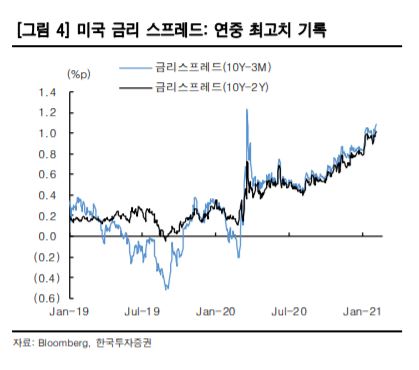(Korea Investment & Securities)
It is highly likely that the domestic stock market will move sideways after the Lunar New Year holiday due to supply and demand uncertainty. While the institution’s net selling tax is expected to continue, attention is focused on the trading trends of foreigners that will determine the direction of the index.
According to the financial investment industry on the 13th, the institution is continuing to sell in the new year. From January 4 on the first trading day to February 5 on the last trading day of last week, the institution’s net selling amount is KRW 23,800,5 billion.
Weeks during the holidays are usually busy and the stock price is not volatile. However, after the Lunar New Year, there is a high possibility that the index will move sideways as the supply and demand uncertainty in the market will rise again.
Institutions sell stocks by almost all entities, including financial investment, investment trust, private equity, and pension funds. In particular, pension funds, including the national pension, threw net selling of domestic stocks every day. Pension funds continued to sell net for 31 consecutive trading days. While individual investors are accepting the amount thrown by pension funds, the possibility of further selling of 30 trillion won is raised within the year.
Pension funds net sold 2236 billion won until the 9th, continuing the net selling march for 31 consecutive trading days. This is the longest record ever, breaking the record of net selling for the 28th consecutive day in 2009 (August 3-September 9).
The total selling amount amounted to 10,4905 trillion won. In particular, since June 2020, when the stock market started to rebound in earnest, pension funds have sold 1,810 trillion won in net sales. In addition, the average daily net selling price this year was 3766 billion won, which is faster than last year’s average daily selling rate (55.6 billion won).
The problem is that this trend will not end in the short term. Each has a different management strategy, and there are entities that are forced to sell stocks as they are exposed to redemption pressure, such as investment trust and private equity funds. However, the index itself is unlikely to show a significant decline, as individuals continue to receive the amount they pour out.
In this situation, it is an analysis that the direction of the market will eventually be decided by foreigners. After the Lunar New Year holidays, the minutes of the Federal Open Market Committee (FOMC) are noted. There were no special changes at the January FOMC meeting, but the Fed members’ thoughts about the future economy could not be confirmed, so this is a part to be confirmed in the minutes.
Experts advise that it is necessary to reconfirm the monetary easing stance as the interest rate spread recently hit a new high since the spread of Corona 19, and inflation expected in 10 years has reached the second half of 2.1%.
Korea Investment & Securities Research Institute Kim Dae-joon said, “If there is an opinion that the policy stance will be maintained regardless of inflationary pressures, as the Fed has pledged, an environment in which foreigners can resume net buying of stocks as the preference for risky assets rises.” .
